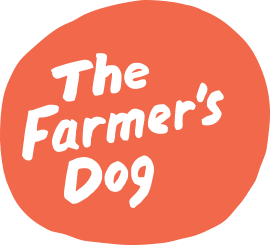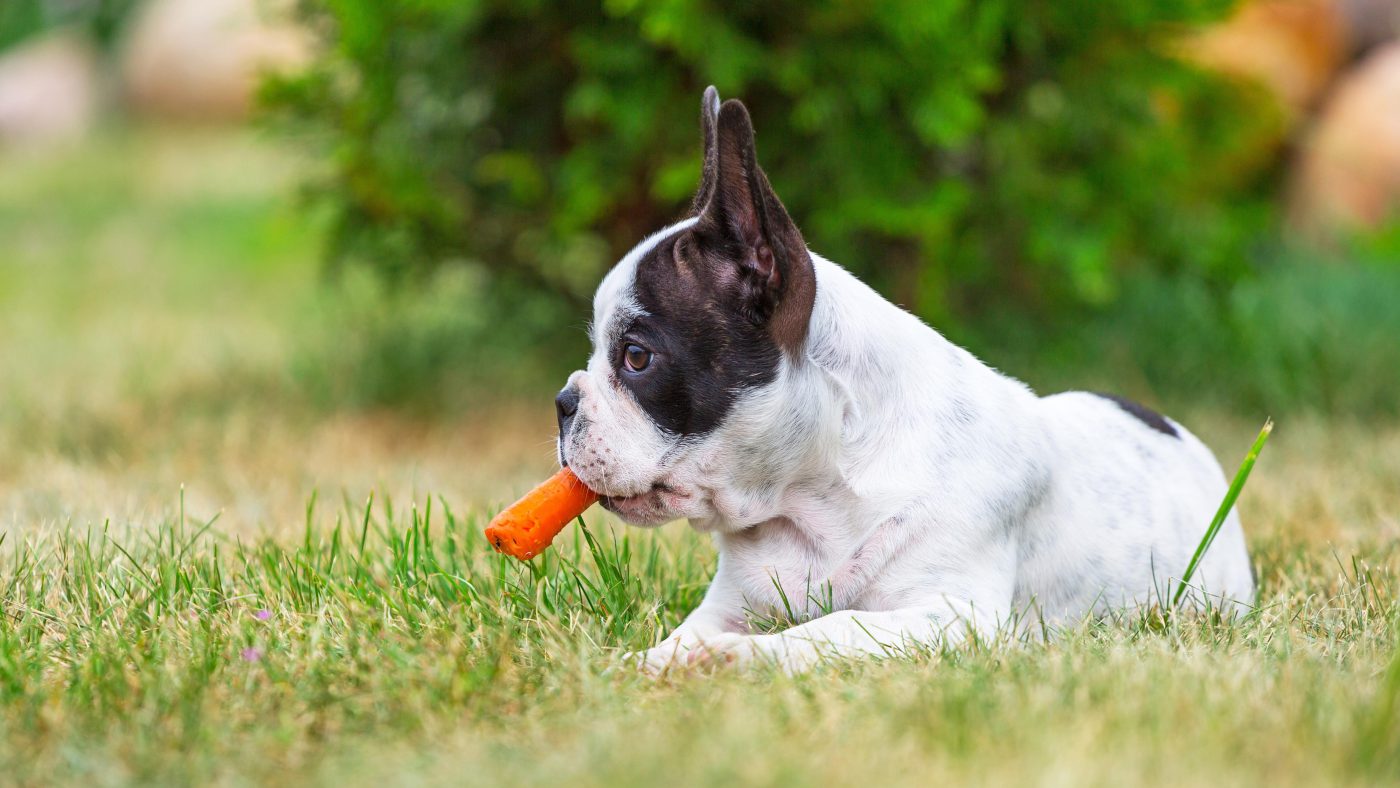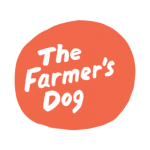Vegetables aren’t the first things many people think of when they think of dog food or treats. But there are some very good reasons to feed your dog some green (and orange) things.
Not only are vegetables a great source of hydration because of their high water content; they can provide your dog with an assortment of vitamins, minerals, antioxidants, fiber, and phytonutrients, which are natural compounds found in plants that have disease-fighting potential. If you’re feeding a fresh diet, your dog doesn’t strictly “need” extra vegetables, but they can make a healthy treat. If you’re feeding dry food, vegetables can be a nutrient-rich topper to meals.
One thing to keep in mind for all the vegetables listed here, even recommended varieties. All “extras,” even healthy snacks like vegetables, should be fed in moderation to avoid nutritional imbalance and weight gain. While, for us, the more vegetables the better, huge helpings of daily greens aren’t for dogs. Some vegetables contain compounds that, when consumed in extremely large quantities, can cause gastric upset. Vegetable and fruit extras should make up no more than 10% of your dog’s daily caloric intake. When giving your dog any vegetable, make sure it’s served plain and with none of the salt, spices, oil, butter, and other additions that make these plans taste good to you. There are also some veggies dogs definitely shouldn’t eat.
Read on for the yesses, the yes buts, and the no nevers of the vegetable world.
Can dogs eat aparagus?
Yes, but…
This nutritious vegetable is edible and non-toxic for dogs. It’s also packed with fiber and vitamins. However, it’s not a good idea to toss your dog stalks of raw asparagus. Humans eat cooked asparagus for a good reason. In its raw form, asparagus is very tough to chew for both humans and pets, and it can cause digestive upset for your dog.
The best way to feed asparagus to your dog would be to trim off the fibrous end of the stalk, steam it enough that it’s easily chewable, and add small pieces to their food.
If you’ve had asparagus, you’re also probably well-aware of the extra pungent urine odor it causes. The same will go for your dog when you feed them asparagus. So, if your dog really loves asparagus, feel free to feed it, cooked, in small amounts. But you might find there are better, easier choices in the produce aisle.
There is a kind of asparagus that’s toxic to dogs, and that’s the asparagus fern (part of the same family as the asparagus you know and love).
Can dogs eat broccoli?
Yes.
This high-fiber vegetable can make a great treat for your dog. It’s low in fat and safe for canines whether it’s cooked or raw.
Broccoli belongs to the cruciferous family of vegetables, which also includes cauliflower, Brussels sprouts, and cabbage. It’s packed with phytonutrients that have been found to have cancer-fighting powers, and a whole range of health-promoting properties.
To help increase digestibility and also reduce the possibility of obstructions, throw some broccoli into a blender and pulverize it. Broccoli florets can also be cut and lightly steamed before feeding to your pet. However you feed broccoli, avoid adding any seasoning and start out with a very small amount to gauge your dog’s reaction to it.
Broccoli florets do contain isothiocyanates, which are plant compounds that may cause gastric irritation in dogs—but only in very large quantities. Avoid the leaves, and the stems or stalks because they may become a choking hazard.
Can dogs eat Brussels sprouts?
Yes.
The polarizing sprout is safe for your dog, and, like its cruciferous cousins, contains a plethora of beneficial vitamins as well as antioxidants that can reduce inflammation. The drawback to this, and some other cruciferous veg, is that it’s a leading producer of gas.
Avoid feeding raw Brussels sprouts as they’re hard for your dog to digest. Boil or steam them and cut into pieces. Your dog, like you, may well turn up their nose at sprouts. But if they’re game, feed them occasionally in moderation.
Can dogs eat cabbage?
Yes.
All kinds of cabbage are safe for dogs in moderation. Cabbage is full of antioxidants and, like other cruciferous veg, contains cancer fighting compounds. As you yourself may have discovered, cabbage can lead to gas, so be sure to start slow and feed in small amounts. You can feed a bit of shredded cabbage raw, or, better, lightly cooked (without seasoning or oils).
Can dogs eat carrots?
Yes.
Carrots are a safe vegetable to feed dogs—even their leafy tops are non-toxic. They are high in beta-carotene, an antioxidant that can help keep skin and eyes healthy, as well as good sources of vitamin A, potassium and fiber. But carrots are also higher in sugar content, so should still be given to dogs in moderation.
There are many ways to feed carrots, including cutting them into small pieces and adding them to your dog’s food. You can also lightly steam them, cut up, and serve. Lightly cooking carrots actually makes their healthy beta-carotene more readily available to your dog.
For teething puppies, freeze the carrot and then let them gnaw on it for some extra soothing. Make sure to always supervise your puppy while they’re gnawing. Frozen, large carrot sticks can also make a fun and edible chew for adult dogs. No matter how you cut it, make sure to always wash and peel carrots to help remove dirt and pesticides. Buy them in organic form whenever you can.
Can dogs eat cauliflower?
Yes.
With vitamins C, K and B6 to potassium, manganese, magnesium and phosphorus, cauliflower is a highly nutrient-dense vegetable. It is also very fiber rich, which means it may help your dog’s digestion. Again, moderation is important, because too much can have the reverse effect on their gastrointestinal system.
Cauliflower should be fed without the stem and leaves and can be cooked or raw. It can be steamed lightly and served in your dog’s food. Served raw, it can be chopped up into small pieces and added to your dog’s food.
Can dogs eat celery?
Yes.
Celery is another crunchy, beneficial vegetable for dogs. With high water content, high fiber and a variety of antioxidants, celery makes for a great dog treat. Celery is also a natural anti-inflammatory. Its water and fiber content can benefit digestive health, and, as a kicker, it’s known as a natural breath freshener for dogs.
Though this crunchy veggie has many benefits, it can become a choking hazard. Make sure to thoroughly wash the celery and cut it up into smaller pieces to make it safe for your dog to eat (you’ll need to adjust it based on your dog’s size). Mix it into your dog’s food for some added crunch. And buy organic whenever possible.
Can dogs eat cucumbers?
Yes.
Cucumbers are technically fruit, but they’re typically used where vegetables typically appear (like in salads). High in water and low in calories, cucumbers make a great snack for dogs. They are safe to eat in moderation and a good source of hydration after exercise or on hot days. As with many veggies, cucumbers can be a choking hazard, so it’s important to cut them down to sizes your dog can easily eat.
Peel non-organic cucumbers to help remove pesticides and synthetic wax that is often applied to them to prolong their shelf life. But if you buy organic cucumbers, there’s no need to peel them. Feed it to your dog directly or add it to their meal for some extra crunch.
Can dogs eat green beans?
Yes.
Green beans tend to get a resounding yes from just about every veterinary expert as they’re a vitamin-packed, safe, low-calorie, snackable food that many dogs enjoy.
You can feed them raw, steamed, or boiled—just be sure to avoid canned beans that have added salt. Trim the ends and cut into small pieces to reduce the chance of choking.
Can dogs eat kale?
Yes!
If there’s a vegetable that could be called “super,” it would be kale. The list of potential benefits provided by this salad sensation is long—it’s full of beta-carotene, calcium, magnesium, potassium, antioxidants, and compounds with anti-cancer properties. But is it good for dogs? The answer is yes. Give your dog small pieces of steamed kale with their dinner.
As with its relative broccoli, kale contains the natural compounds calcium oxalate and isothiocyanates which means you shouldn’t feed it in vast quantities (leave the daily big salad for your own dinner).
Can dogs eat potatoes?
Yes!
Ah, the controversial potato. On the one hand, potatoes are full of vitamins C and B6, folate, potassium and manganese. They are incredibly versatile and a household staple. But on the other, they are high in starch (for a vegetable), which can negatively impact blood sugar long term.
If you want to share the occasional bit of boiled or mashed potato with your dog, go ahead. Just be sure the potatoes are free of butter, salt, and other flavorings. And, again, make it an occasional treat.
Avoid raw potatoes, as well as the stems, shoots, and green parts of the potato’s skin as they contain a toxic component called solanine.
Can dogs eat sweet potatoes?
Yes.
Sweet potatoes are even more nutritious than regular potatoes—with vitamins A, B6 and C, calcium, potassium, iron, fiber and beta-carotene. They can be a tasty, nutritious treat in moderation, and many dogs do love the natural, sweet taste. Mash up a little and mix it in your dog’s food. Make sure you serve sweet potato plain, with no added sugar, butter, or salt. And as with all extras, serve in moderation.
Can dogs eat onion?
No!
Anything and everything related to onion is a big no for dogs. All parts of onions and derivatives like onion powder are toxic to dogs. Onions contain N-propyl disulfide, which causes a breakdown of red blood cells and leads to anemia—all of which can be fatal for dogs. Symptoms of anemia from onion ingestion include lethargy, weakness, decrease in appetite, pale gums, fainting, reddish urine, vomiting, elevated heart rate and panting.
Many human foods contain onion among their ingredients, so be careful to keep these prepared foods away from curious canines. If you suspect that your dog ate some onion, contact your veterinarian immediately.
Can dogs eat zucchini?
Yes.
If you’re making zoodles for yourself, definitely spare a few strands for your dog. Zucchini is an excellent snack, in moderation. It’s packed with vitamins and minerals, including vitamin C, beta-carotene, and folate, high in protein and low in calories. Feed zucchini raw or cooked—cut it up into small pieces or shred it over their food. As with all other vegetables, make sure it’s free of the oils and extras you may add when cooking for yourself.
Read next: Can My Dog Eat Fruit?








